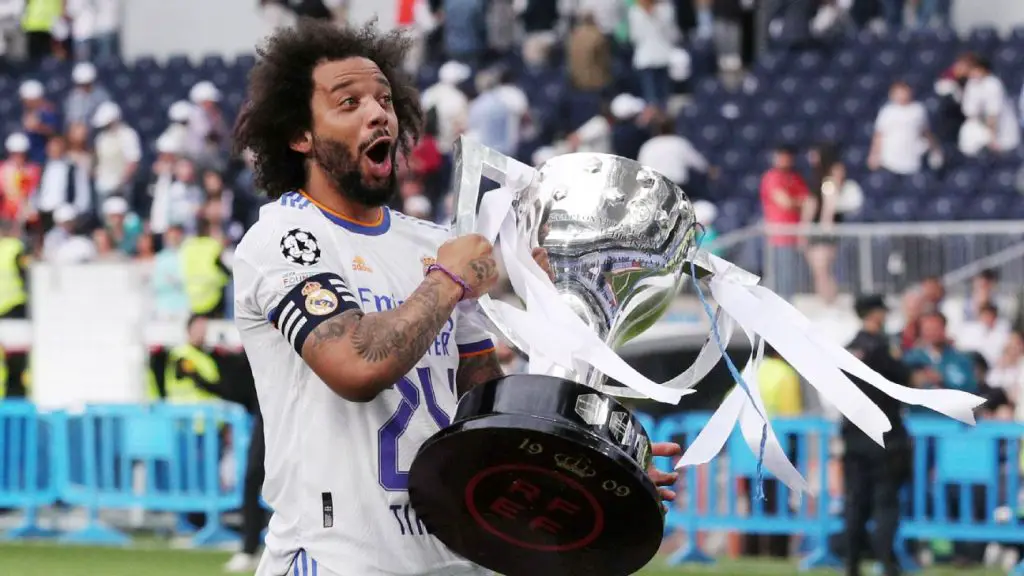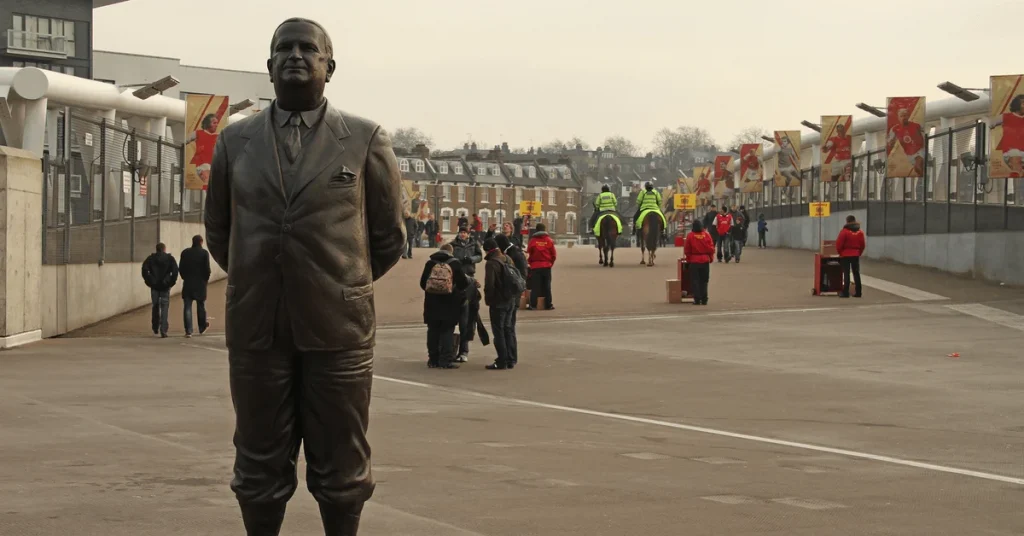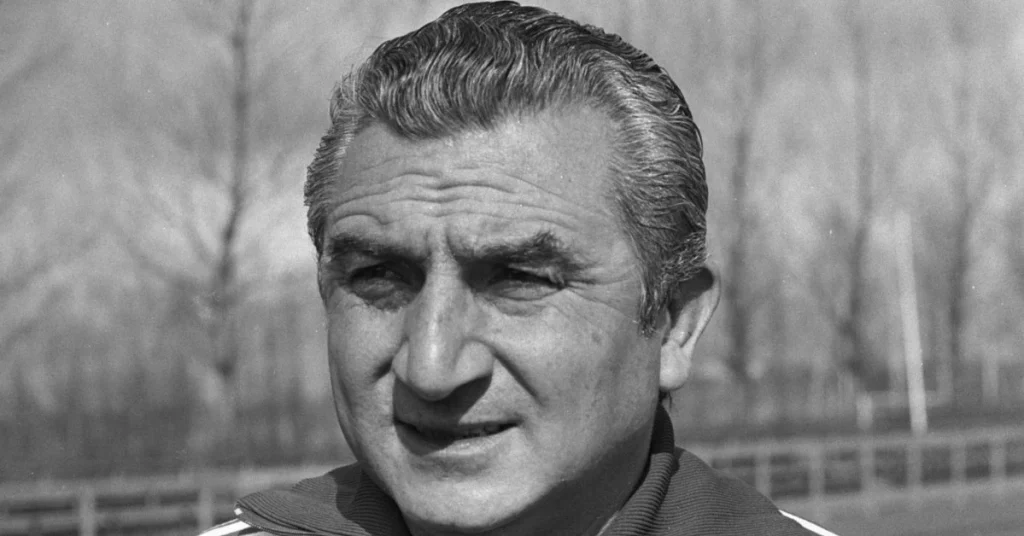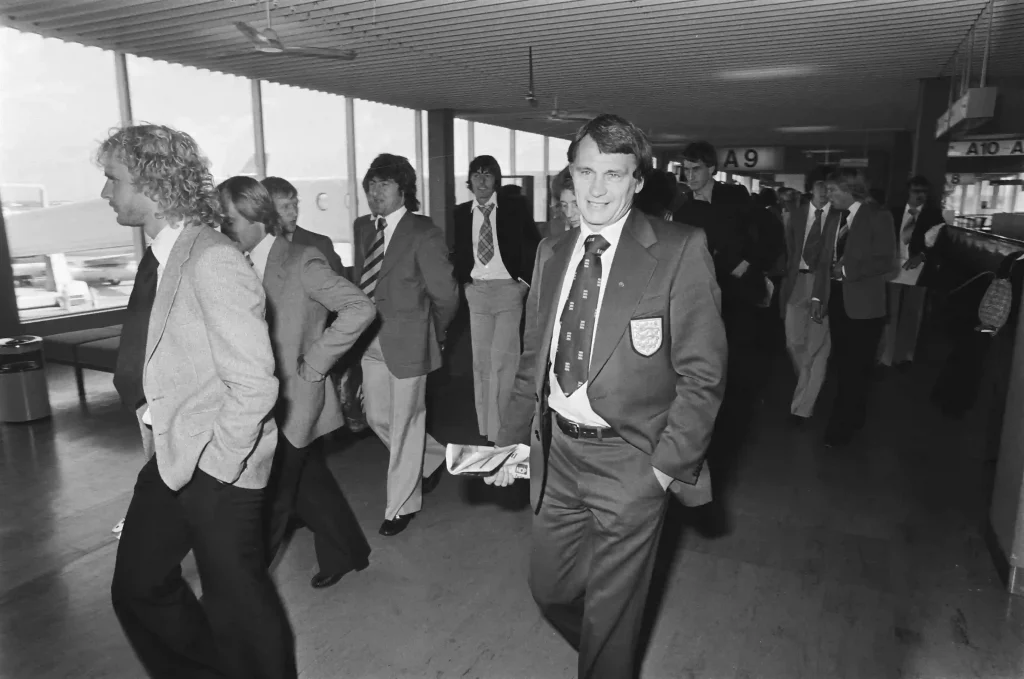Five-hundred and forty-six appearances. Thirty-eight goals, and one-hundred and three assists – as a left back. Fifteen years at one club, and he’s played for a couple more. Brazilian Marcelo Vieira da Silva Júnior – known simply as Marcelo – is a modern footballing legend.
He, like many Brazilian internationals, came from humble beginnings. He admitted in a February 2023 interview that though his family didn’t have much, they ensured head the opportunity to pursue his dreams.
A Meteoric Rise
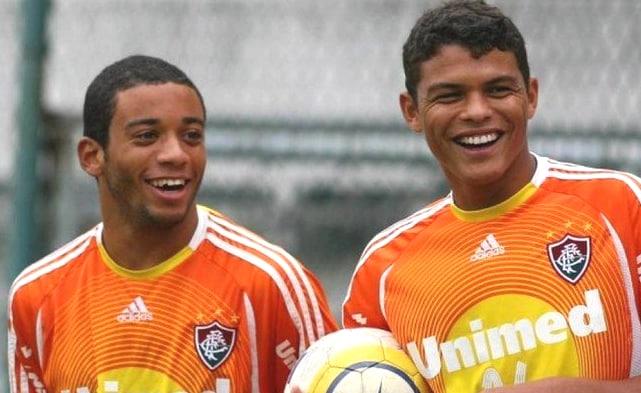
“I actually never had any desire to become a firefighter, all I wanted was to play football as a child.”
He played local games and practised alone in his spare time, aiming to achieve his goal. By nine years old, he was playing futsal; the close proximity, skillful game would essentially mould his entire playstyle for the rest of his career. After four years of practice, his skills were much better than average for his age.
At thirteen, he had impressed a scout from his local club and was signed to the youth division of Fluminense in 2002. Marcelo spent three years training with the youth squad and during this time considered quitting the sport and getting a real career, but his grandfather convinced him to press on with his dreams – which was the correct decision.
Marcelo was at left-back during his youth development and was a regular starter. He often impressed with his performances, so much so that at sixteen years old Marcelo was promoted to the main squad and was playing first-team football at the highest level. Clearly, his talent was one that should under no circumstances go to waste.
After enjoying two seasons of regular first-team football at Fluminense Marcelo found himself the recipient of an insane offer. One of football’s biggest fishes had been closely observing his talent.
Despite Fluminense finishing fifth and seventh in the league in 2005 and 2006 respectively, Marcelo’s consistent and skillful performances had been noticed.
The Madridian Managerial Merry-go Round
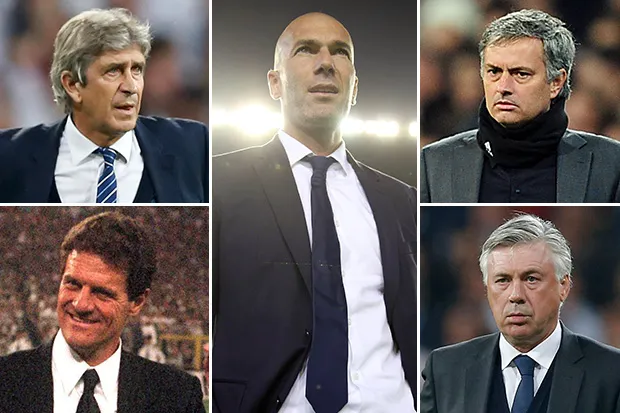
Marcelo arrived, signed on a long-term contract until 2013, which would see him through to twenty-four.
Madrid evidently had plans for the young Brazilian many seeing him as the successor to Roberto Carlos.
He officially debuted as a substitute in a 2-0 defeat to Deportivo on the 7th of January 2007.
In the following three months, Marcelo saw himself substituted on several times, gaining vital experience in the different Spanish league.
On 14th April, his big chance came as he earned a start vs. Racing de Santander, a game they controversially lost 2-1 with several clear penalty shouts not given.
The following season, Marcelo started nearly all of Madrid’s games, in large thanks to the ousting of Fabio Capello as manager and new boss Bernd Schuster believing in his abilities.
His technical ability, explosive pace down the wing and ability to both defend and attack made a lasting impression and he earned himself what would become a regular place as Madrid won their thirty-first title.
Not all good things last though, managers changed once again, and a handful of poor performances under new defensive-minded manager Juande Ramos saw him benched frequently the following season.
Ramos preferred a more defensive left-back in Gabriel Heinze and instead deployed Marcelo as a winger; boldly claiming that his future was in the role. Marcelo scored four goals in the season, and Ramos was sacked.
Manuel Pellegrini became Madrid’s next manager in 2009 and brought Marcelo back to the starting XI for the same reasons Schuster favoured him, though still as a winger.
He topped the assist charts in their 09/10 campaign with nine and scored four goals with Marcelo even claiming that he felt “better playing as a winger”.
Then, José Mourinho arrived in 2010 and Marcelo was back to left-back, still playing first-team football.
Shining Under The Special One
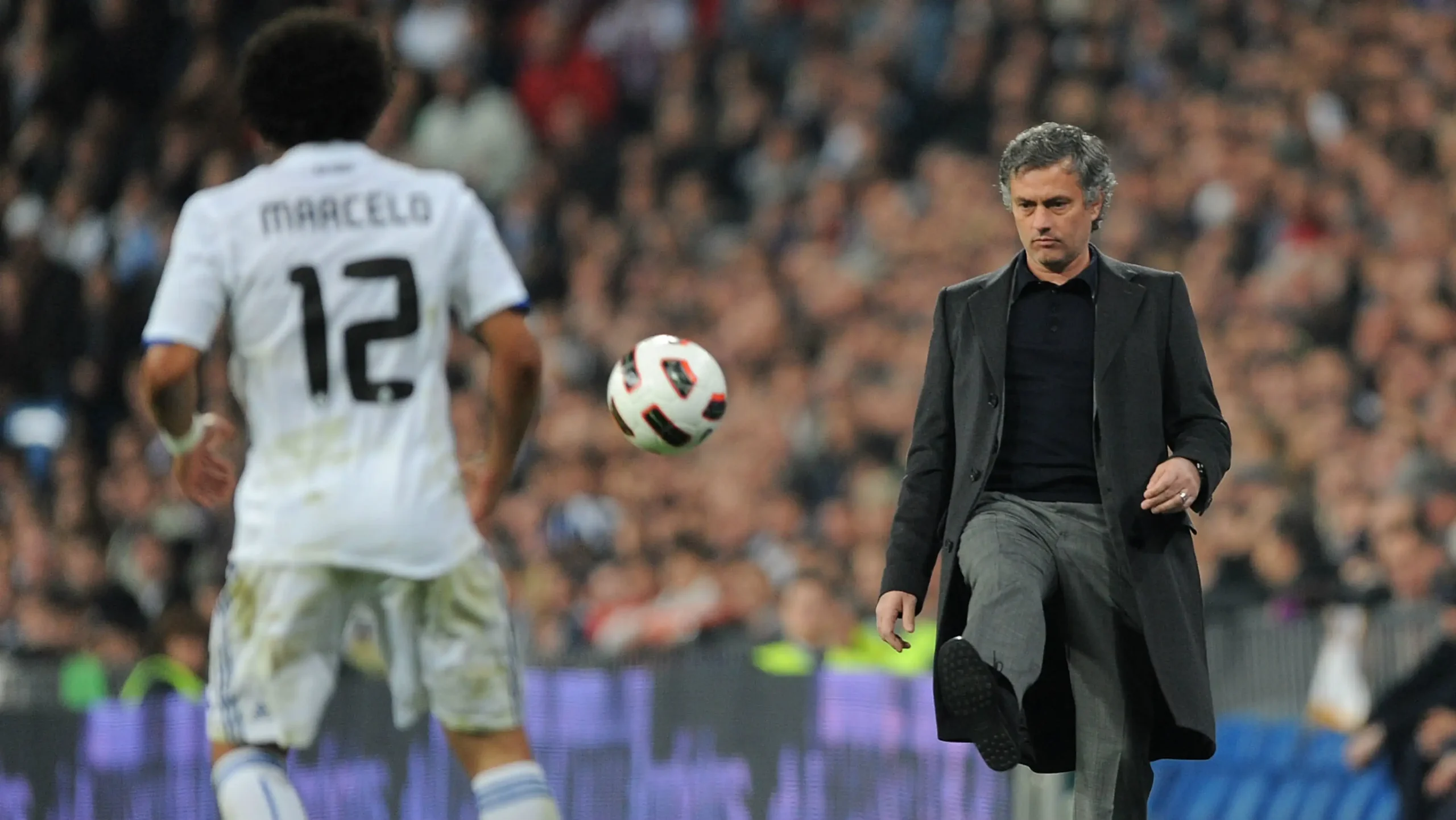
Marcelo opened his first Champions League campaign with a fantastic performance vs. Lyon; he stopped numerous attacks in their tracks while proving an integral offensive outlet. scoring a goal and assisting Karim Benzema. Madrid won 3-0 and Marcelo was named man of the match.
Though Madrid bowed out of the Champions League in the semi-finals and came second in the league it would prove to be his first season where he truly lived up to the hype around him.
He earned a spot in UEFA’s starting XI and Diego Maradona claimed he was the third-best player in La Liga behind Cristiano Ronaldo and Lionel Messi, at twenty-one years old. Marcelo earned a contract extension which would see him stay in Madrid until June ‘15.
Marcelo enjoyed continued success through the following seasons, being instrumental to Real Madrid’s ‘11-12 La Liga title and their 2012 Supercopa de Espana win.
In this time, Paolo Maldini praised him as the world standard for left-backs – “a great attacker and a defender, a specialist of both areas.”
Roberto Carlos himself would soon give Marcelo the ultimate praise, naming Marcelo as the best left back in the world and his predecessor highlighting his skills as a stand-out feature in his game; “he had more ability than me with the ball, and he joins in better.”
His teammates respected him and his voice, and he earned several chances to captain Madrid throughout the ‘12-13 campaign as his place in the starting XI was well and truly cemented.
In their 2014 Champions League campaign Marcelo would prove instrumental once again; he played in all but three games due to injury, helped Madrid maintain several clean sheets and scored in the final as Madrid took the Champions League trophy home with them.
He was again present for Real Madrid’s 2014 UEFA Super Cup win, keeping a clean sheet vs. Sevilla, and their 2014 FIFA Club World Cup win.
The mid-2010s and onward were resurgent for Marcelo. Madrid returned to winning form after a spell of Barca dominance and won the Champions League three years consecutively from ‘15-16 to ‘17-18.
Furthermore, with thirty appearances in the league in ‘16-17 Marcelo helped secure Madrid another title. He won two further Super Cups and Club World Cups in ‘16 and ‘17, alongside a Supercopa de Espana in 2017.
In their third Champions League win Marcelo made eleven appearances and scored three goals, signing a contract off the back of his recent results that would keep him with the outfit until 2022. He later won their third consecutive Club World Cup in 2018 as they finished third in the league behind Atlético Madrid and Barcelona, with Marcelo appearing 34 times.
An Irreplaceable Servant
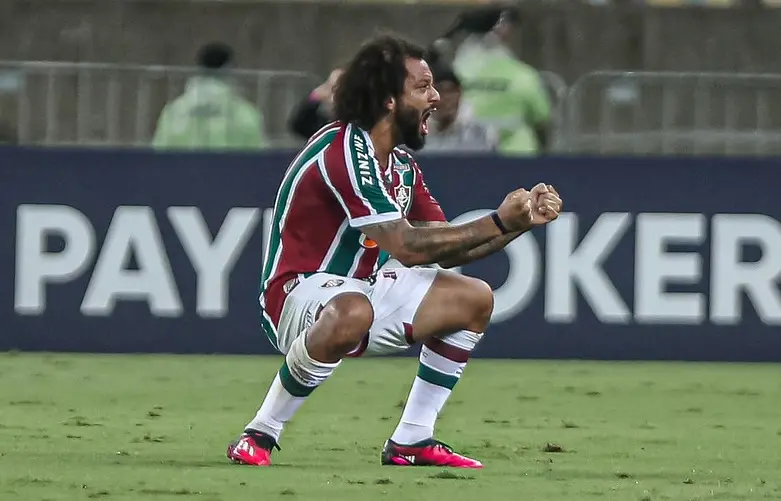
Now thirty-two, various injuries plagued his following season and the arrival of a young Ferland Mendy threatened his position in the squad.
Marcelo appeared in nineteen matches across all competitions in their ‘20-21 season as he was still plagued with injury.
Upon Sergio Ramos’ departure from the club in 2021, Marcelo would be announced as the captain of the Real Madrid squad and only the second foreign captain in the history of the club.
Despite his newfound captaincy, the ageing Marcelo was benched frequently throughout the 21-22 season, still plagued by mild injuries. With his contract expiring soon, he knew that this was his last season with the club.
As a fitting end, Madrid won La Liga and the Champions League, Marcelo’s sixth and fifth respectively, and in doing so he became the most decorated player in Real Madrid history with twenty-five major trophies.
After their win, Marcelo announced that he would leave the club after fifteen years. A fifteen-year spell in which he’d captured the hard-to-please Madridista’s respect and admiration.
When all was said and done, he’d amassed 25 trophies at Madrid, making him their most decorated player in the club’s history.
He left for Olympiacos with whom he played for half a season before returning to Fluminense, where he will presumably end his career playing where it all began.
Internationally, he achieved no real success despite the strength of the Brazil squad overall. He won a bronze at the 2008 Olympics with the under-23s and won a silver in the 2012 iteration. Brazil were infamously trounced on home soil 7-1 by Germany in the 2014 World Cup, and Marcelo as part of the defence bore a large amount of blame.
He suffered as a result and was often excluded from squads. His next call-up was for the 2018 World Cup, where Brazil lost in the quarter-final to Belgium, and almost certainly will remain his last.
